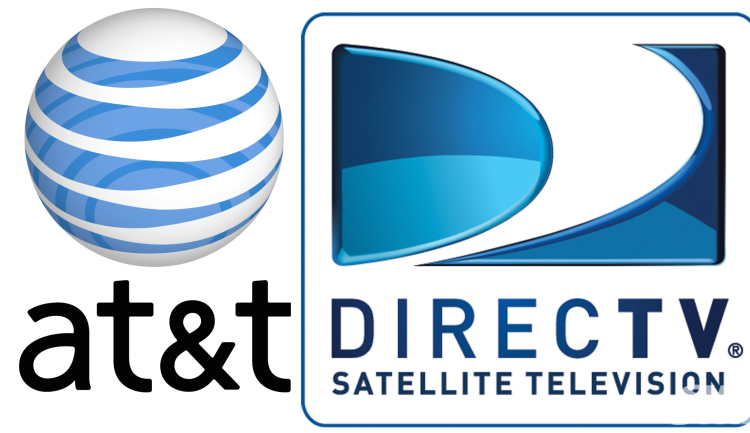The real motivation behind AT&T’s acquisition of DirectTV is far less glitzy than you’d think.
Mainstream media today is abuzz with grand theories of what’s behind AT&T’s $48.5 billion (planned) acquisition of DirecTV. Many believe AT&T and DirecTV were pushed to the alter by Comcast’s intention to acquire Time Warner Cable. Others believe big pay-TV companies are banding together for a great battle against over-the-top video services like Amazon and Netflix.
But the motivation behind AT&T’s planned acquisition is probably far simpler. It appears that AT&T is simply trying to increase its cash flow to afford the high returns it’s paying investors. “This deal is less about grand strategy than it is about buying cash flows to support AT&T’s bloated dividend payout,” claims MoffettNathanson analyst Craig Moffett.
AT&T’s dividend yield — the percentage of the share price paid out as dividend — is the highest of any stock on the Dow Jones at 5.1 percent. For comparison, Verizon’s is only 4.3 percent. And analysts aren’t expecting the AT&T dividend to go down for the foreseeable future. This means that AT&T is now obliged to pay out about $9.5 billion per year in dividends to shareholders.
DirecTV, meanwhile, is a very profitable company.
In the first quarter of 2014, DirectTV reported adjusted operating profits of $1.51 billion (up 7 percent from a year ago) and adjusted diluted earnings per share of $1.63, a 14 percent jump from last year’s first quarter. Notably, DirecTV’s profit margins grew from to 28.3 percent from 19.2 percent last year.
Buying that kind of financial performance, even for a whopping $48.5 billion, may make AT&T a richer company in the long run. AT&T’s current market cap is about $190.7 billion.
Moffett believes the two companies’ networks and other operations will be kept separate, suggesting that the goal is not to save money by combining resources and eliminating redundancies. It’s about bringing in new, high-margin cash flows.
So AT&T stockholders may be able to stop worrying about the sustainability of their dividend. Consumers, on the other hand, aren’t likely to see better prices on services and bundles, Moffett says.
“It might not make much difference at all,” Moffett says. “If the deal is approved it will result in there being one less Pay TV choice in 25% of the country. But they will be selling their service with national pricing, so I wouldn’t expect it to have any real impact on pricing.”
VentureBeat's mission is to be a digital town square for technical decision-makers to gain knowledge about transformative enterprise technology and transact. Learn More

